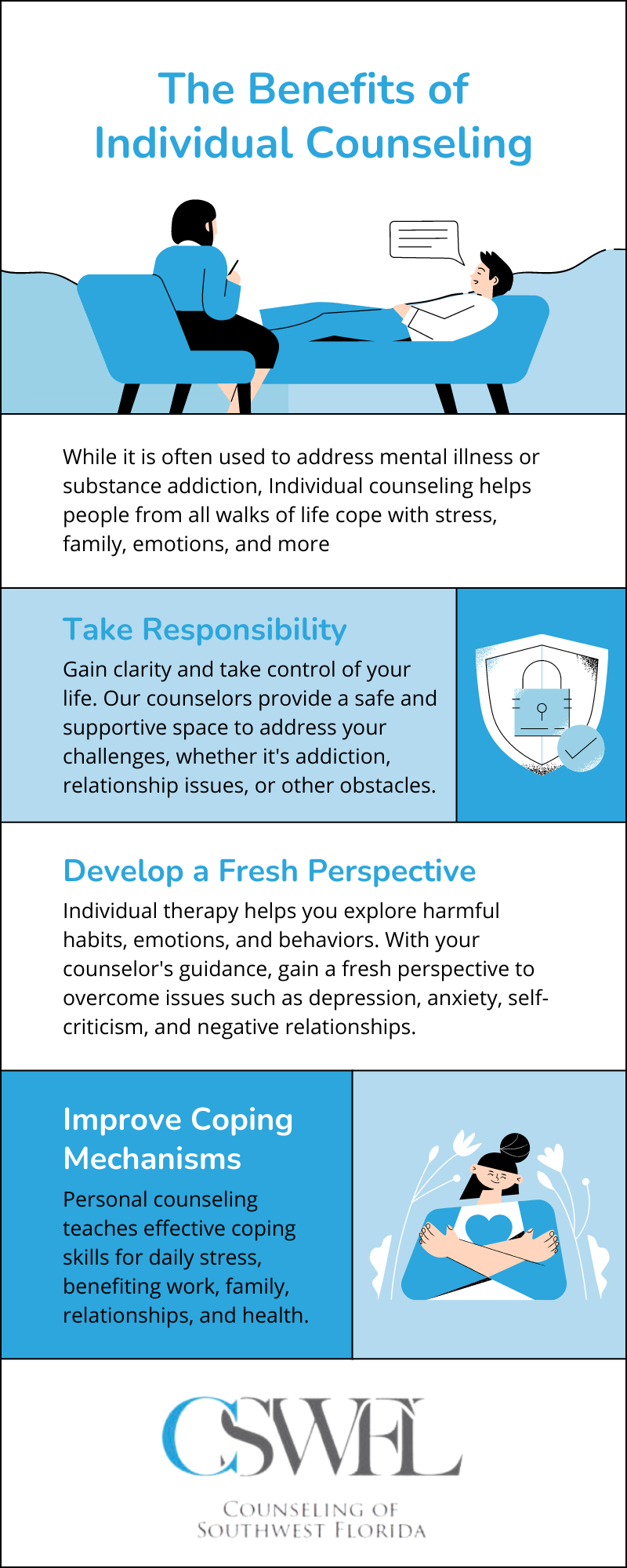Discovering the Benefits of Psychological Therapy for Teen Health and Development
Mental treatment plays a critical duty in the well-being and development of teenagers. Adolescence is a troubled duration marked by emotional and social obstacles. Treatment uses a structured environment for teenagers to express their feelings and confront their struggles. It furnishes them with essential tools for strength and communication. As they browse this developmental stage, the impact of therapy can be profound. What details benefits can emerge from such support during these developmental years?

Recognizing the Teen Mind: Challenges and Stress
As adolescents navigate the complexities of their developing stage, they deal with countless challenges and stress that can substantially influence their psychological wellness. This period is marked by considerable physical, emotional, and social changes, which can generate feelings of complication and uncertainty. Peer influence intensifies, commonly causing a struggle for approval and identification. Academic expectations can produce extra stress and anxiety, as the pressure to excel installs in a progressively competitive environment.
Furthermore, the advent of social networks presents a brand-new layer of intricacy, where contrasts to curated online personalities can aggravate feelings of insufficiency and anxiety. These variables can lead to psychological distress, consisting of anxiousness, anxiety, and reduced self-worth. Comprehending these difficulties is essential for moms and dads, educators, and mental health experts, as it gives understanding into the adolescent experience and highlights the need for supportive interventions to promote durability and well-being throughout this important developmental stage.
Creating a Safe Room for Expression
Developing a secure area for expression is vital for teens steering their tumultuous developmental stage. In healing settings, this setting promotes open dialogue, enabling teenagers to communicate their sensations without anxiety of judgment. Such rooms enable them to explore their thoughts and feelings, which is crucial for understanding their identities and experiences.
When teenagers feel protected, they are a lot more likely to share their battles, consisting of anxiousness, clinical depression, or social disputes. This open communication can bring about deeper insights and promote personal growth.
A risk-free space urges creative thinking and self-reflection, providing teens the liberty to share themselves with various electrical outlets, such as art or writing. Developing depend on between the therapist and the teenage is critical, as it underpins the effectiveness of the therapeutic procedure. Inevitably, creating a secure space for expression offers as a foundation for psychological recovery and personal growth during these formative years.
Developing Coping Approaches and Resilience

Specialists often present strategies such as mindfulness, journaling, and analytic abilities, making it possible for teens to manage their reactions more properly. Furthermore, by taking part in role-play situations, they practice how to deal with hard scenarios, reinforcing their self-confidence. In time, these abilities promote a sense of agency, gearing up teens with the tools to navigate life's uncertainties. The advancement of strength not just aids in overcoming instant challenges however also lays the foundation for much healthier psychological actions in adulthood, inevitably adding to lifelong health.
Enhancing Interaction Abilities
Reliable interaction abilities are essential for teens as they browse intricate social landscapes. Mental treatment plays an essential role in enhancing these abilities, allowing teenagers to share their feelings and ideas a lot more plainly. Via assisted sessions, therapists urge teenagers to express their sensations, promoting better understanding in peer communications and family members characteristics.
Treatment gives a risk-free space for practicing active listening, empathy, and assertiveness. These skills empower young adults to participate in meaningful conversations, willpower disputes, and develop more powerful connections. As they discover to connect efficiently, they also obtain self-confidence in their capability to advocate for themselves and their requirements.
Additionally, improved communication abilities add to psychological knowledge, allowing teenagers to respond and identify to the emotions of others. This all natural growth promotes a helpful environment, inevitably advertising overall wellness and social integration. With psychological treatment, young adults can grow these vital abilities for a much healthier social experience.
Cultivating Individual Growth and Self-Discovery
Cultivating individual growth and self-discovery in teenagers involves a complex strategy that encourages understanding of individual identity. This process also emphasizes the significance of building durability abilities and boosting emotional understanding. find this With each other, these aspects create a structure for much healthier, a lot more certain people as they browse their formative years.
Comprehending Individuality
Exactly how do teenagers navigate the complex landscape of individuality as they endeavor for self-discovery and growth? During this developmental period, they face numerous impacts, including peers, family, and social assumptions. Mental therapy can serve as an important tool, offering a risk-free room for exploration and reflection. With guided discussions, young adults can express their feelings and ideas, enabling them to recognize their values, beliefs, and needs. This procedure fosters a deeper recognition of their unique identification, empowering them to make informed options and create a sense of purpose. As they participate in self-discovery, they discover to accept their individuality and navigate difficulties with better clearness, eventually boosting their total wellness and individual development.
Building Strength Skills

Enhancing Emotional Recognition
Enhancing emotional recognition is vital for teens steering the complexities of teenage years, as it allows them to identify and recognize their feelings better. By engaging in psychological treatment, adolescents learn to identify their psychological feedbacks and the triggers behind them. This process cultivates personal growth and self-discovery, enabling them to verbalize their feelings and handle obstacles more adeptly. As teens establish emotional awareness, they cultivate empathy, improve partnerships, and enhance interaction skills. Furthermore, this enhanced recognition aids in decision-making, assisting them browse public opinions and establish a sense of identity. Eventually, promoting emotional understanding with treatment can cause healthier coping mechanisms and a more balanced emotion, basic for growing during these formative years.
Building Healthy And Balanced Relationships and Assistance Solutions
While traversing the intricacies of teenage years, building healthy and balanced partnerships and support group is necessary for teens. These connections provide emotional stability and a feeling of belonging, vital during this developmental phase. Favorable connections with peers, household, and mentors can boost self-confidence and durability, allowing teenagers to browse obstacles better.
Mental treatment plays a critical function in cultivating these partnerships by furnishing adolescents with interaction and conflict-resolution abilities. Through treatment, they learn to reveal their sensations, understand different viewpoints, and develop boundaries, which are essential for keeping healthy and balanced interactions.
Supportive networks motivate young adults to seek help when needed, lowering isolation and promoting mental wellness. They are much more most likely to engage in positive behaviors and make educated decisions when teens feel attached to their assistance systems (Individual Therapy For Teens). Overall, the growing of healthy and balanced partnerships and support group is instrumental in advertising teen wellness and individual growth
Frequently Asked Inquiries
Exactly how Do I Find a Professional Therapist for My Teen?
To locate a certified therapist for a teenager, one need to look for referrals from doctor, study credentials on the internet, check testimonials, and establish the therapist focuses on teen problems, fostering a supportive environment for growth.
What Are the Prices Connected With Psychological Therapy for Teens?
The costs connected with psychological treatment for teenagers vary commonly, generally ranging from $50 to $250 per session. Insurance policy insurance coverage, gliding range costs, and neighborhood sources can affect cost and accessibility for households seeking support.
Just How Usually Should Teenagers Participate In Treatment Procedure?
Teens must ideally go to therapy sessions once a week or biweekly, depending on individual requirements. Consistent sessions can promote a secure space for expression, while allowing therapists to monitor progression and readjust approaches effectively over time.
Can Treatment Be Reliable for All Teens?
Therapy can be efficient for lots of teens, however individual click over here now results vary. Elements such as individual circumstances, visibility to the process, and the therapeutic approach employed all affect its performance for each teenage.
What Should Parents Do Throughout Their Teen's Treatment Refine?
Parents need to proactively sustain their young adult's treatment process by keeping open interaction, respecting confidentiality, going to sessions if welcomed, and urging their child's efforts (Individual Teen Counselling). Recognizing and click here to find out more patience are essential as teens navigate their individual growth trip
Psychological treatment plays an essential role in the health and development of young adults. By involving in mental treatment, teenagers find out to identify their emotional actions and the triggers behind them. Mental treatment plays a critical role in promoting these connections by gearing up teenagers with interaction and conflict-resolution abilities. Teens must ideally participate in therapy sessions weekly or biweekly, depending on private requirements. Parents ought to proactively support their teenager's treatment procedure by keeping open interaction, appreciating privacy, participating in sessions if welcomed, and urging their youngster's initiatives.